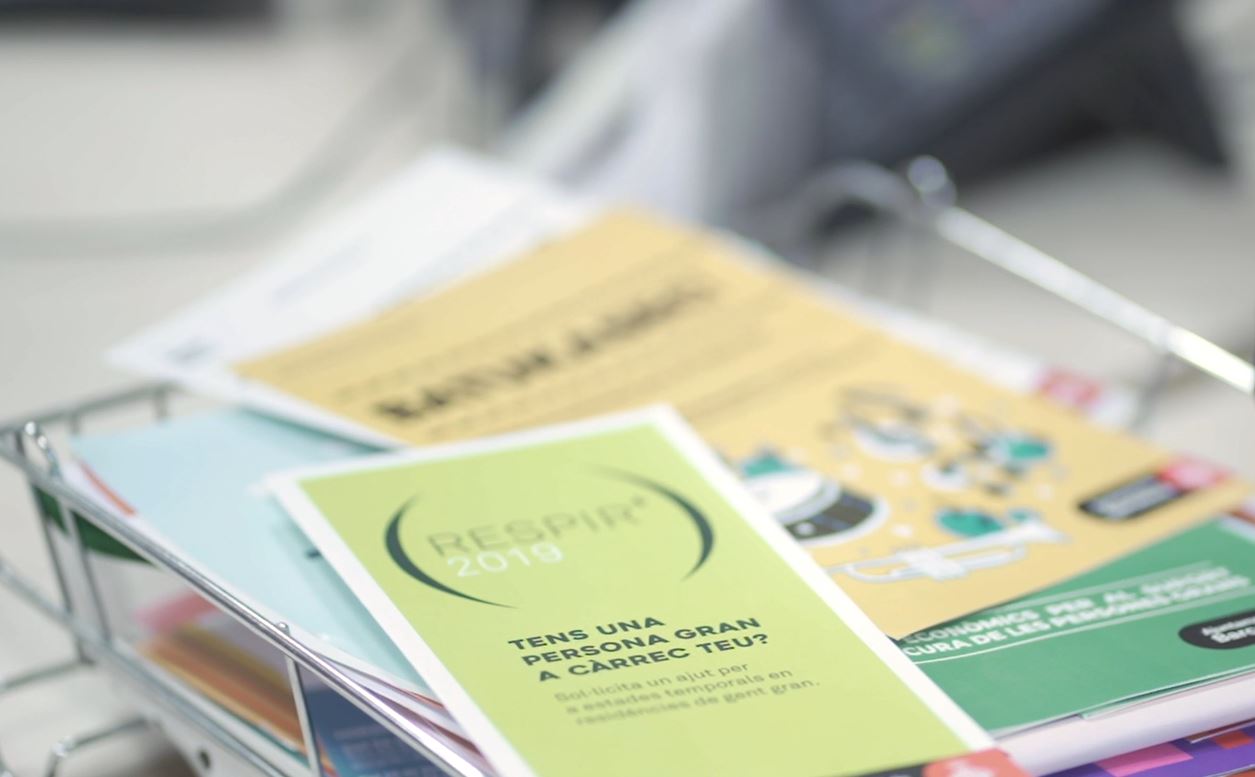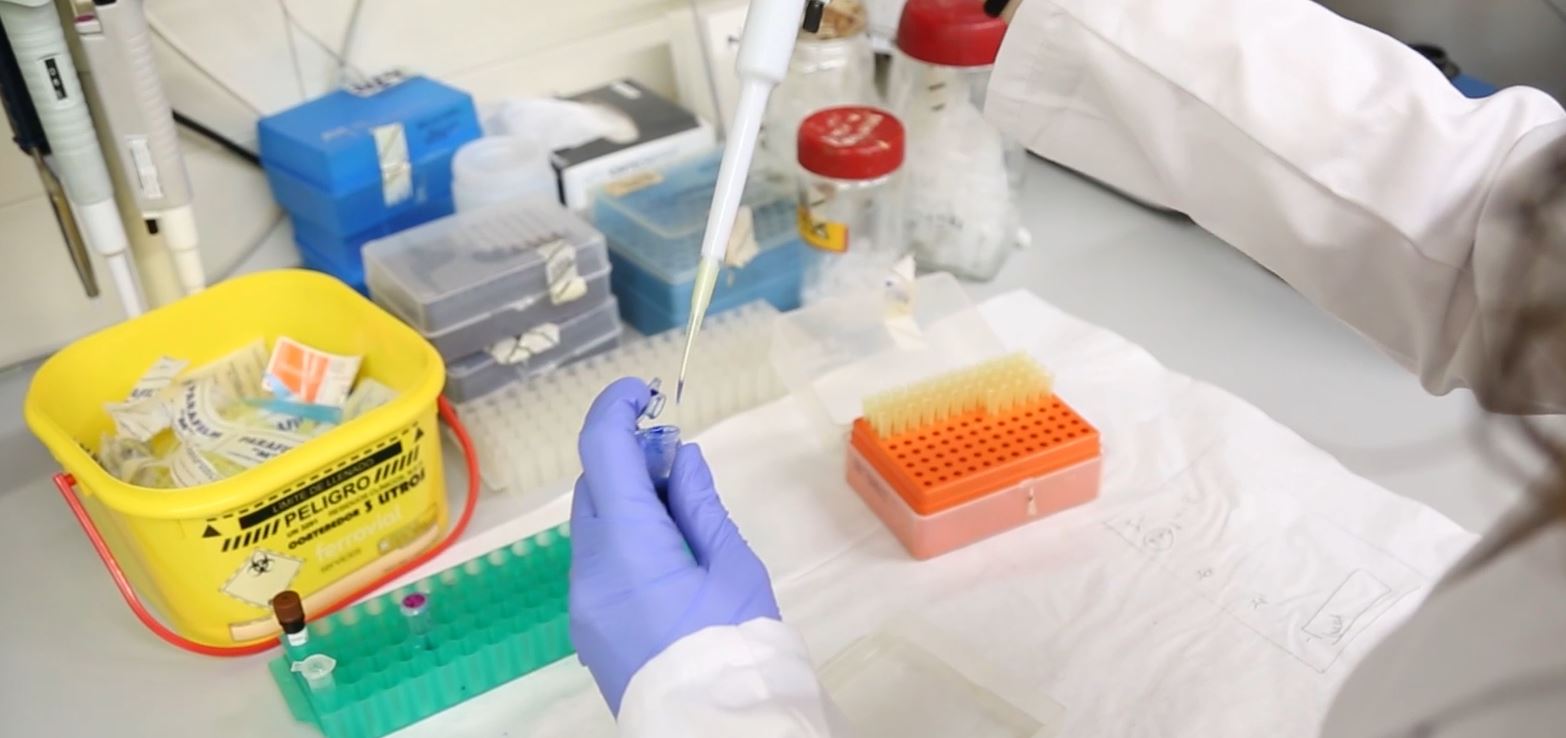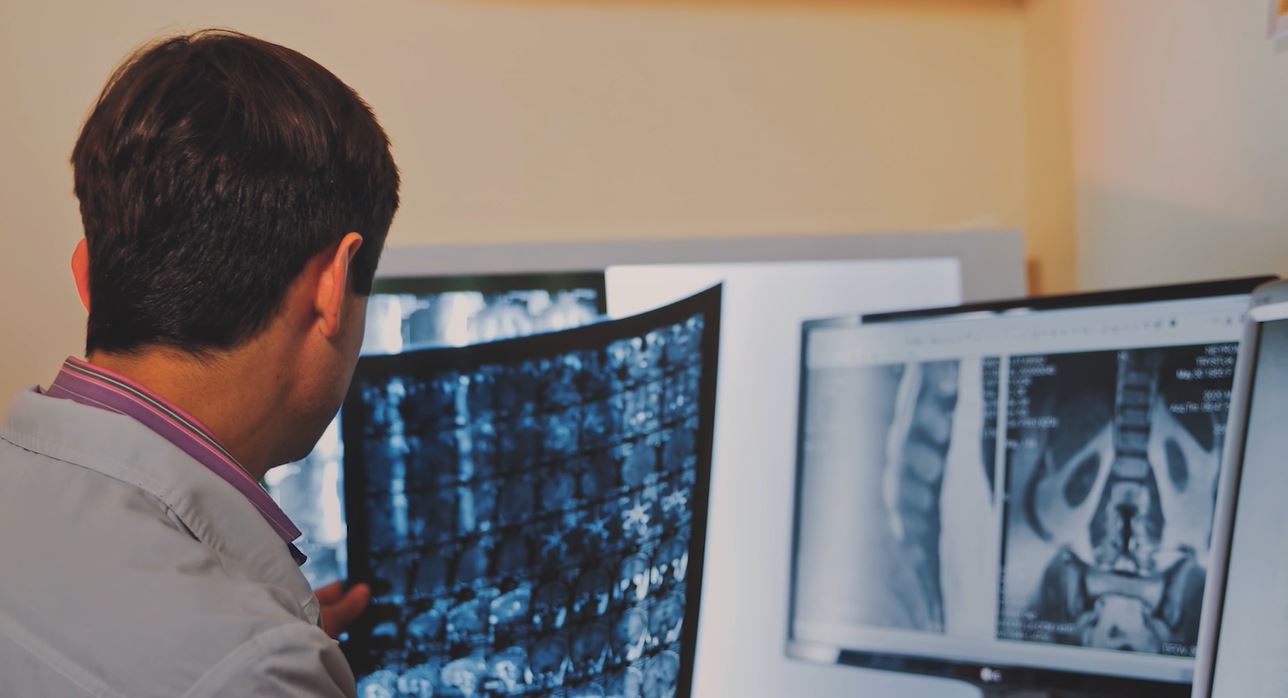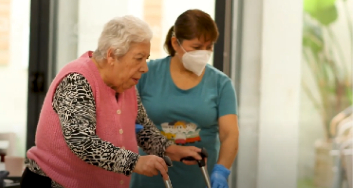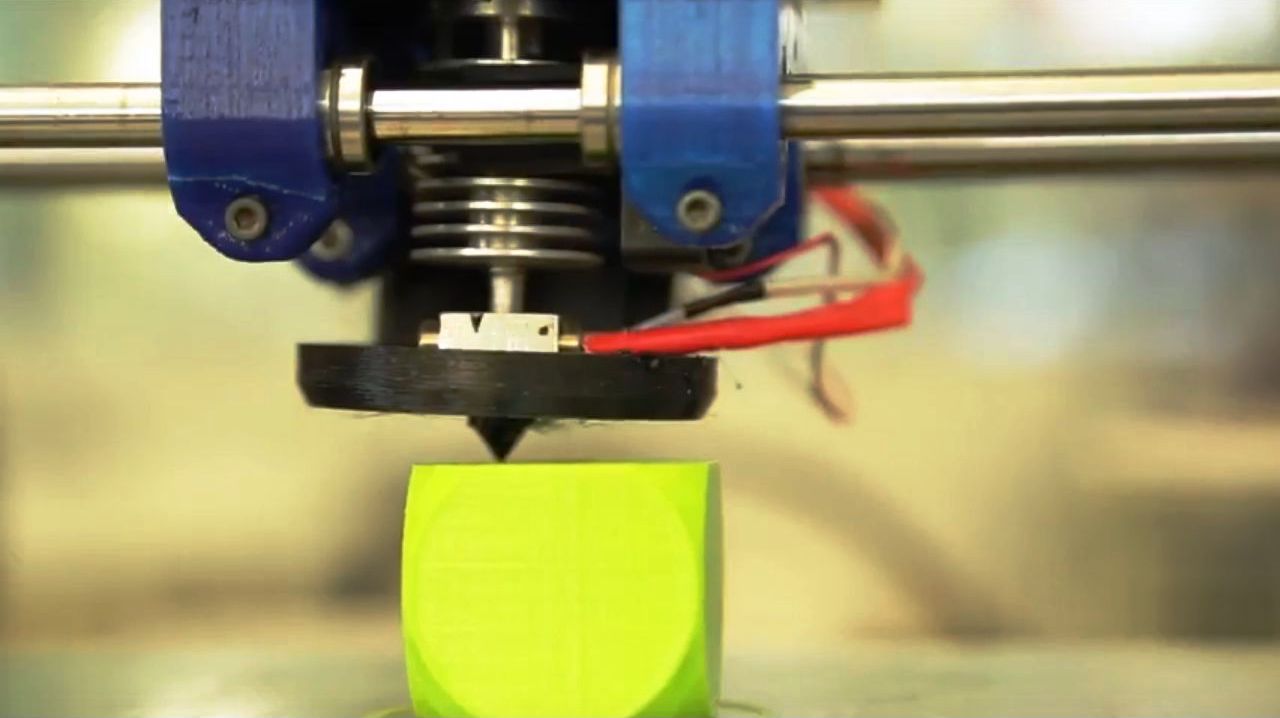
Chromatography techniques specialist
Other denominations
Chromatography specialist
Description
Separation processes represent a burgeoning field with immediate applications. Out of these processes, chromatography techniques are some of the most powerful tools available for the isolation, purification and characterisation of new substances or active ingredients and the analysis of organic and biochemical mixtures. Industrial and scientific applications of these techniques include gas chromatography and high-performance liquid chromatography, as well as, more recently, the systems associated with mass spectometers, proteomic tools and multidimensional chromatography. Chromatography technique specialists are responsible for developing chromatography-related R&D, process control and method validation analytical systems and methodologies, with their responsibilities including supervising and training the laboratory analysts, analysing chromatography data and drafting reports and standardised operating procedures. They usually work within a good laboratory practices environment, as part of an analysis department or a public or private research centre.
Tasks
- Select and use advanced chromatography machines and techniques to analyse molecules.
- Provide support and training to colleagues on the use of the machines and computer software.
- Contribute to tuning new techniques and helping staff to adapt to the machines, and propose efficiency and safety-related improvements.
- Search for literature related to the research being carried out, keeping abreast of scientific developments and ensuring that these are applied to all of the company or technical service's products, processes and analytical methodologies.
- Develop analytical methods that determine products' characteristics and stability.
- Participate in necessary tasks to validate new analytical methodologies used.
- Take responsibility for coordination the preparation, treatment and derivatisation of samples.
- Supervise the performance and interpretation of the analysis of samples from the R&D and manufacturing departments, including monitoring synthetic processes and degradation products.
- Ensure that all work carried out cumplies with the good laboratory practices and, where necessary, with those for manufacturing and clinical trials.
- Contribute to the identification and characterisation of unknown impurities in the samples analysed.
- Identify ways of resolving separation or purification issues.
- Undertake the identification of unknown compounds by comparing them with the spectroteca associated with the coupled machines.
- Perform corrective and preventive maintenance on the machines, installing and upgrading them.
- Maintain experiment records and draft technical publications, validation and analysis method reports in a format that is intelligible for other departments.
- Participate in the establishment, synthesis and characterisation of reference samples.
- Create standardised operating procedures and other records for the maintenance and use of the analysis instruments.
- Fulfil tasks related to the organisation and monitoring of the team, and assess the needs and costs of consumable products and materials, managing stocks thereof.










 | Catalan | Beginner
| Catalan | Beginner | Catalan | Advanced
| Catalan | Advanced
 Open
Open | English | Beginner
| English | Beginner